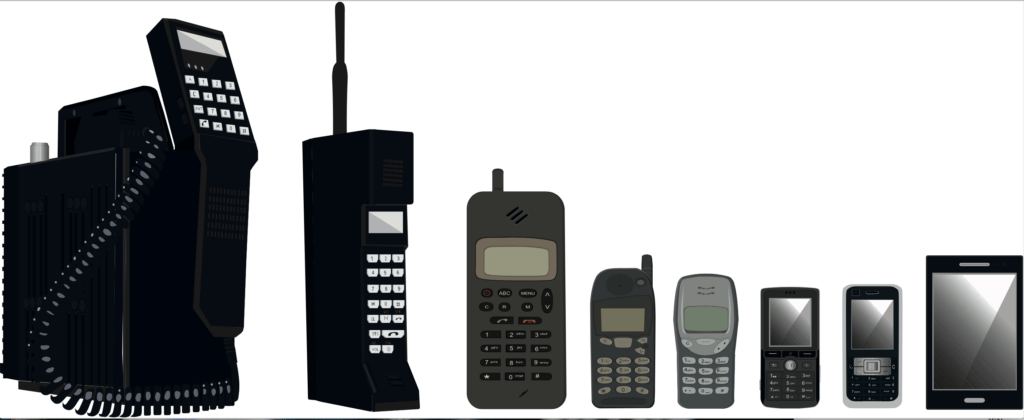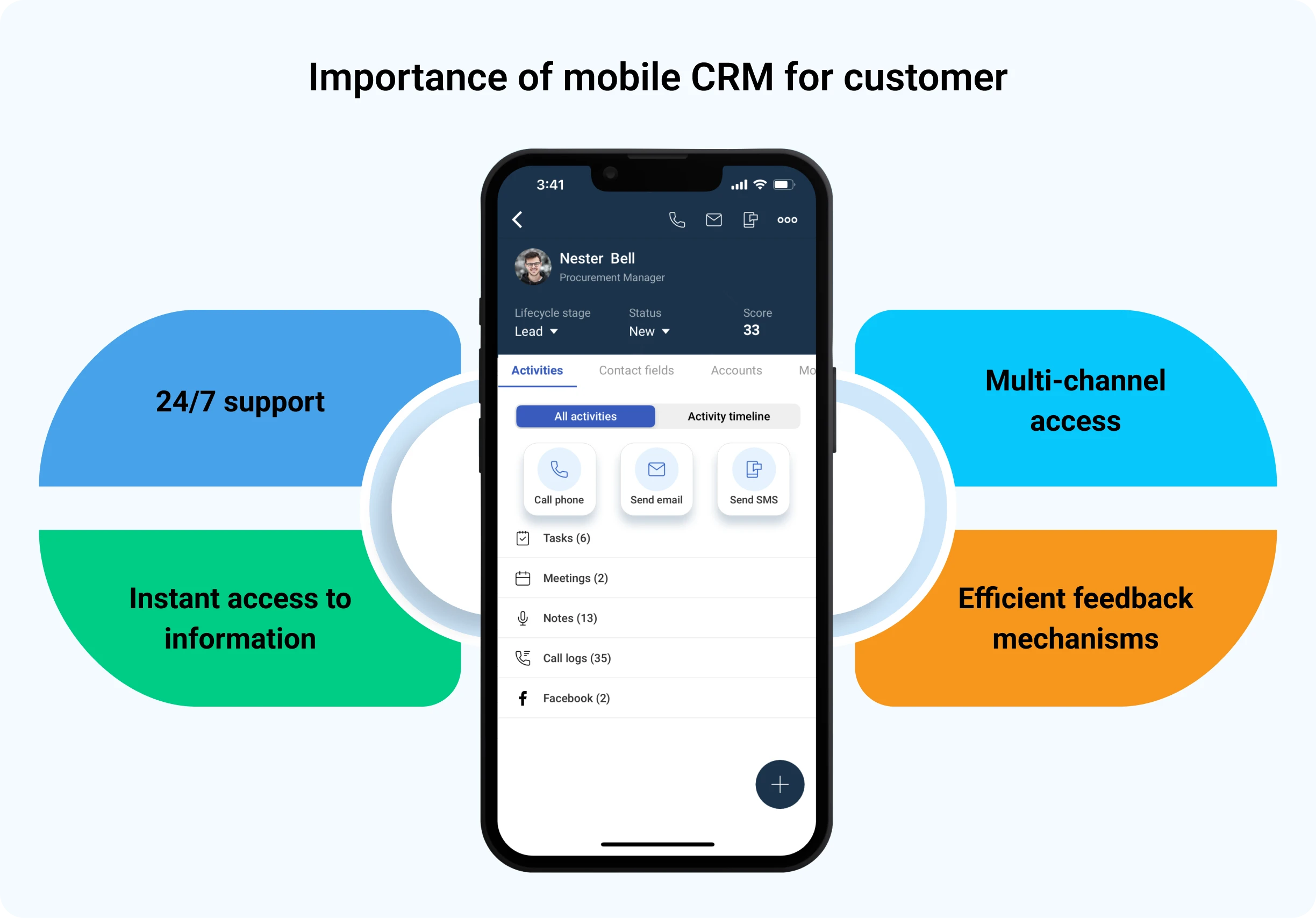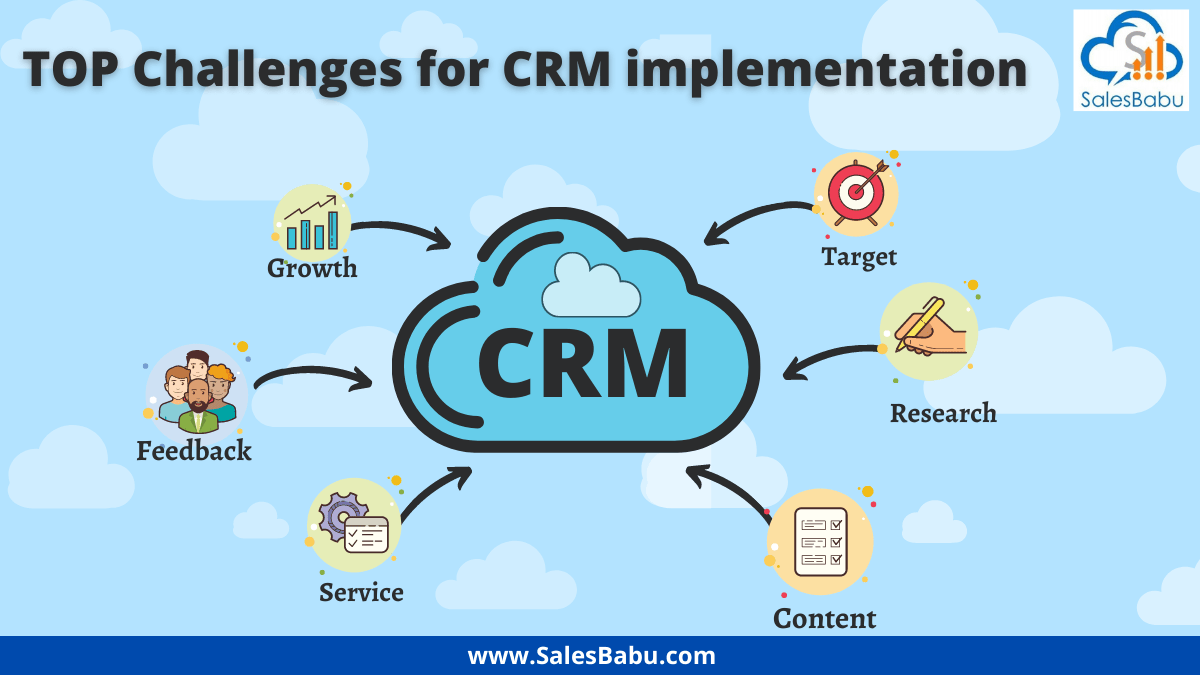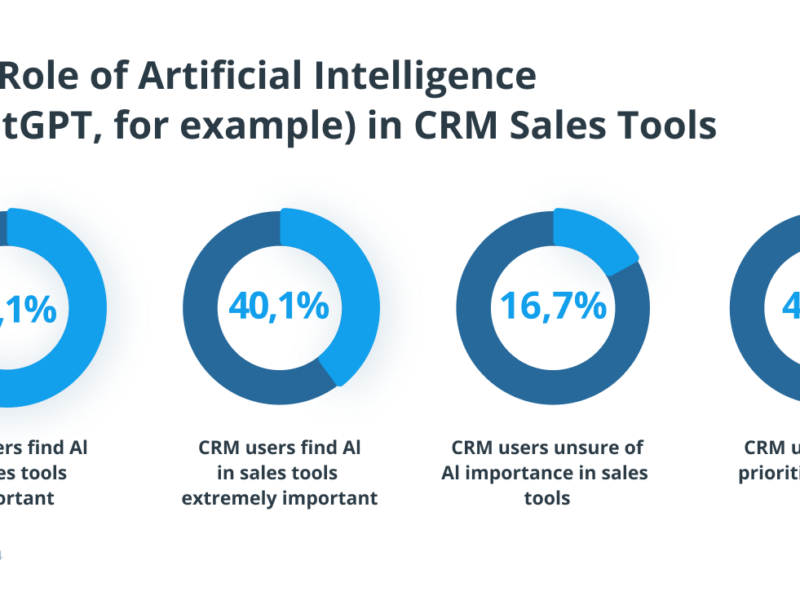In today’s fast-paced business environment, the ability to effectively manage customer relationships is more crucial than ever. Mobile CRM (Customer Relationship Management) solutions are transforming the way companies interact with their clients, empowering sales teams to work more efficiently and responsively.
By providing real-time access to customer data, these tools facilitate seamless communication and enhance the overall customer experience. This shift is not just a technological upgrade; it represents a fundamental change in business strategy.
As mobile devices become increasingly prevalent, organizations that leverage mobile CRM stand to gain a significant competitive edge. In this article, we explore why mobile CRM is a game changer and how it can revolutionize your business operations.
Why Mobile CRM is a Game Changer
In today’s fast-paced business environment, the ability to manage customer relationships effectively is more crucial than ever. Mobile CRM (Customer Relationship Management) systems have emerged as a game changer, offering businesses the flexibility, accessibility, and real-time insights needed to thrive in a competitive market.
By empowering sales teams, enhancing customer engagement, and improving operational efficiency, mobile CRM solutions are transforming the way companies interact with their clients and manage their business processes.
Enhanced Accessibility and Flexibility
One of the primary advantages of mobile CRM is its ability to provide anytime, anywhere access to customer data. Sales teams can access and update customer information, track leads, and manage tasks from their smartphones or tablets, regardless of their location.
This real-time access ensures that sales professionals are always armed with the most up-to-date information, allowing them to respond quickly to customer inquiries and close deals more efficiently. The flexibility of mobile CRM also enables remote workers and field personnel to stay connected and productive, even when they are on the go.
Improved Customer Engagement
Mobile CRM solutions facilitate better customer engagement by providing sales and customer service teams with the tools they need to personalize interactions and build stronger relationships. With real-time customer data at their fingertips, sales representatives can tailor their approaches to meet individual customer needs and preferences.
This level of personalization not only enhances the customer experience but also increases the likelihood of repeat business and positive word-of-mouth referrals.
Additionally, mobile CRM can help companies identify and act on customer feedback more quickly, ensuring that customer issues are resolved promptly and customer satisfaction is maintained.
Increased Operational Efficiency
Implementing a mobile CRM system can significantly improve operational efficiency by streamlining business processes and reducing administrative tasks. Automated workflows and real-time data synchronization ensure that customer information is always accurate and up-to-date, minimizing the risk of errors and reducing the time spent on manual data entry.
This efficiency allows employees to focus on more value-added activities, such as building customer relationships and generating new business. Moreover, mobile CRM can integrate with other business systems, such as marketing automation and customer service platforms, creating a seamless and integrated approach to customer management.
| Advantages of Mobile CRM | Description |
|---|---|
| Enhanced Accessibility and Flexibility | Provides anytime, anywhere access to customer data, enabling real-time updates and improved productivity for remote workers and field personnel. |
| Improved Customer Engagement | Facilitates personalized interactions and better customer service by providing real-time data and tools to build stronger relationships. |
| Increased Operational Efficiency | Streamlines business processes, reduces administrative tasks, and integrates with other systems to create a seamless customer management approach. |
Why are mobile phones a game changer?

Mobile phones have become a game changer in various aspects of daily life and industry due to advances in technology, widespread adoption, and their versatility. They have transformed communication, commerce, education, and healthcare, among other areas.
Here is a detailed exploration of why mobile phones are considered a game changer:
Portable Communication and Connectivity
Mobile phones have revolutionized the way people communicate. They offer instant access to communication tools such as voice calls, text messages, and internet-based messaging apps. This has made staying in touch with friends, family, and colleagues more convenient than ever.
Additionally, mobile phones provide access to a vast array of information and resources, making it easier for individuals to stay informed and connected.
- Instant messaging apps like WhatsApp, Telegram, and Signal have replaced traditional SMS and MMS, offering more secure and feature-rich communication options.
- Mobile phones enable users to access social media platforms, which have become integral to personal and professional networking.
- Smartphones come equipped with GPS and mapping applications, providing real-time location services and navigation assistance, which are invaluable for travel and logistics.
Mobile Commerce and E-Banking
The proliferation of mobile phones has significantly impacted the world of commerce and banking. Mobile payment systems and banking apps have made financial transactions more accessible and secure.
This has led to the rise of mobile commerce, allowing businesses to reach a wider audience and consumers to shop and pay for goods and services on the go.
- Mobile wallets like Apple Pay, Google Pay, and PayPal have simplified the payment process, reducing the need for physical cash or cards.
- Mobile banking apps provide users with the ability to manage their finances, transfer money, and pay bills from their smartphones, enhancing convenience and control.
- E-commerce platforms have optimized their websites and apps for mobile devices, enabling seamless shopping experiences and driving increased sales.
Education and Learning
Mobile phones have also transformed the educational landscape by providing access to a wealth of learning resources and tools. Educational apps and online courses have made it possible for people to learn new skills and acquire knowledge at their own pace and from anywhere in the world.
This democratization of education has the potential to bridge the knowledge gap and improve educational outcomes.
- E-learning platforms like Coursera, Udemy, and Khan Academy offer a wide range of courses that can be accessed via mobile devices, catering to diverse learning needs.
- Mobile apps designed for language learning, such as Duolingo and Rosetta Stone, have made it easier for individuals to acquire new languages and improve their communication skills.
- Interactive educational games and apps have engaged younger learners, making learning more fun and effective through gamification and multimedia content.
What is the significance of mobile accessibility in CRM?

The significance of mobile accessibility in CRM lies in its ability to enhance customer engagement, improve operational efficiency, and provide seamless user experiences. With the increasing reliance on mobile devices, businesses need to ensure that their CRM systems are fully accessible on smartphones and tablets.
This not only allows sales and customer service teams to work more effectively from any location but also ensures that customers can interact with the business through their preferred mobile channels.
Mobile accessibility in CRM can lead to quicker response times, better data accuracy, and more timely insights, ultimately driving customer satisfaction and loyalty.
Enhanced Customer Engagement
Mobile accessibility in CRM enables businesses to engage with customers more effectively through various mobile channels such as messaging apps, social media, and mobile websites. This allows for real-time communication and personalized interactions, which can significantly improve customer satisfaction and retention.
- Real-time communication: Customers can reach out to businesses instantly and receive timely responses.
- Personalized interactions: CRM systems can use customer data to tailor interactions, making them more relevant and engaging.
- Multi-channel support: Businesses can provide support through multiple mobile channels, ensuring customers can choose their preferred method of communication.
Improved Operational Efficiency
By making CRM systems accessible on mobile devices, businesses can streamline their operations and improve productivity. Sales and customer service teams can access critical information and perform tasks on the go, reducing the time and effort required to manage customer interactions.
- On-the-go access: Team members can access customer data and update records from anywhere, increasing their responsiveness.
- Task automation: Mobile CRM apps can automate routine tasks, such as data entry and follow-ups, freeing up time for more value-added activities.
- Collaboration: Mobile accessibility facilitates better collaboration among team members, allowing for more efficient problem-solving and decision-making.
Seamless User Experience
A mobile-optimized CRM system provides a seamless user experience for both employees and customers. Intuitive interfaces and easy navigation make it simple for users to access and utilize CRM functionalities, leading to higher adoption rates and better overall performance.
- User-friendly interfaces: Mobile CRM apps are designed with user-friendly interfaces that are easy to navigate and use.
- Responsive design: The design of mobile CRM apps is responsive, ensuring they work well on different devices and screen sizes.
- Integration with other tools: Mobile CRM systems can integrate with other business tools and applications, providing a unified and cohesive user experience.
What is a mobile CRM?
A mobile CRM, or Mobile Customer Relationship Management, is a software tool designed to help businesses manage customer interactions and data from mobile devices, such as smartphones and tablets.
Mobile CRMs extend the capabilities of traditional CRM systems by providing access to customer information, analytics, and management tools on the go.
This allows sales teams, customer service representatives, and other field employees to stay connected with their customers and manage customer relationships more effectively, regardless of their location.
Benefits of Mobile CRM
A mobile CRM offers several advantages that can significantly enhance business operations. Firstly, it improves accessibility, allowing users to access customer data and perform tasks from anywhere at any time. Secondly, it enhances productivity by streamlining processes and providing real-time information, which helps in making informed decisions quickly.
Lastly, it improves customer service by enabling faster response times and more personalized interactions, leading to higher customer satisfaction.
Key Features of Mobile CRM
Mobile CRMs come with a range of features that are essential for managing customer relationships effectively. These features include:
- Contact management, which allows users to store and access detailed customer information, including contact details, interaction history, and preferences.
- Sales tracking, which helps in monitoring leads, opportunities, and sales activities, providing insights into the sales pipeline and performance metrics.
- Task management, which enables users to create, assign, and track tasks and appointments, ensuring that nothing falls through the cracks and that all customer interactions are well-coordinated.
Integration and Compatibility
One of the critical aspects of a mobile CRM is its ability to integrate seamlessly with other business tools and systems. This integration ensures that data is consistent and up-to-date across all platforms. Key integrations often include:
- CRM systems, allowing data to sync between the mobile app and the main CRM software.
- Email and calendar applications, which help in managing communications and scheduling appointments efficiently.
- Marketing automation tools, which can provide valuable insights into customer behavior and campaign effectiveness, enabling more targeted and effective marketing efforts.
What are the challenges of implementing mobile CRM targeted to customers?

Implementing mobile CRM targeted to customers presents a multitude of challenges that organizations must navigate to ensure success. These challenges can be broadly categorized into technical, user experience, and organizational obstacles.
Technically, ensuring seamless integration with existing systems and maintaining high performance across various devices are critical. From a user experience perspective, creating an intuitive interface that delivers value to customers while also serving the business’s needs is essential.
On the organizational side, aligning various departments and training staff to effectively use the mobile CRM can be complex. Here are three key areas of challenge:
1. Technical Integration and Performance
One of the primary challenges in implementing mobile CRM is ensuring seamless integration with existing systems. Mobile CRM solutions often need to interface with multiple back-end systems, such as customer databases, marketing platforms, and sales tools.
This integration can be complex and time-consuming. Additionally, performance is a critical issue. Mobile apps must be optimized to provide a smooth user experience, even in areas with limited network connectivity. Ensuring that the app runs quickly and efficiently, without lag or errors, is essential for user satisfaction.
- Seamless Integration: Mobile CRM must integrate smoothly with existing back-end systems to avoid data silos and ensure data consistency.
- Performance Optimization: The app should be optimized to run efficiently, even on older devices and in areas with poor network coverage.
- Scalability: The system should be scalable to handle increasing numbers of users and data without performance degradation.
2. User Experience and Interface Design
Creating an intuitive and user-friendly interface is crucial for the success of a mobile CRM. Customers and employees alike expect mobile apps to be easy to use and visually appealing. A poor user experience can lead to low adoption rates and negative feedback.
Designing a mobile CRM that is both functional and user-friendly requires a deep understanding of user needs and behaviors. Conducting user research and testing can help identify pain points and areas for improvement.
- User Research: Conduct thorough research to understand the needs and preferences of both customers and employees.
- User Testing: Regularly test the app with real users to identify and address usability issues.
- Responsive Design: Ensure the app is responsive and functions well on a variety of devices, including smartphones and tablets.
3. Organizational Change Management
Implementing mobile CRM often involves significant organizational changes. Employees need to be trained on how to use the new system effectively, and there may be resistance to change. Additionally, different departments may have different requirements and expectations for the mobile CRM, which can lead to conflicts.
Effective change management strategies, such as clear communication, training programs, and ongoing support, are essential to ensure a smooth transition.
- Training and Support: Provide comprehensive training and ongoing support to help employees adapt to the new system.
- Stakeholder Engagement: Engage stakeholders from different departments to ensure their needs are met and to build buy-in.
- Change Management: Implement a structured change management process to address resistance and facilitate a smooth adoption.
Frequently Asked Questions
What makes Mobile CRM a Game Changer for Businesses?
Mobile CRM transforms business operations by enabling real-time access to customer data, streamlining communication, and enhancing productivity. With mobile CRM, sales teams can manage customer interactions, track leads, and close deals on the go, leading to improved customer satisfaction and increased revenue.
How does Mobile CRM Improve Customer Engagement?
Mobile CRM allows businesses to engage customers more effectively by providing immediate access to relevant customer data. This enables personalized interactions, timely follow-ups, and better support, ultimately building stronger customer relationships and fostering loyalty.
Can Mobile CRM Integrate with Other Business Tools?
Yes, mobile CRM platforms often integrate seamlessly with other business tools like email, marketing automation, and project management software. This integration ensures a unified workflow, reducing data silos and enhancing overall efficiency and collaboration.
What Security Measures Does Mobile CRM Offer?
Mobile CRM platforms employ robust security measures, including data encryption, two-factor authentication, and secure access controls. These features protect sensitive customer information and ensure compliance with industry standards and regulations, providing businesses with peace of mind.


